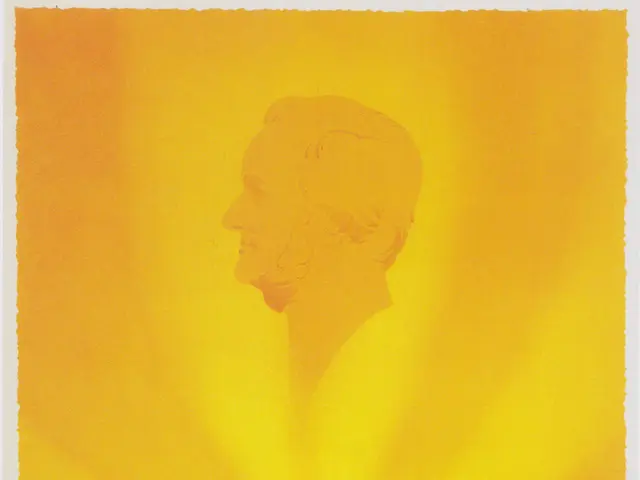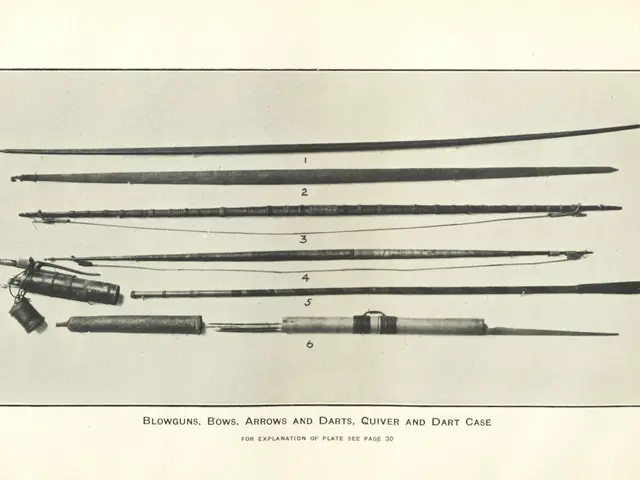Julian Bashir Assisted in Personalizing Star Trek Journey
In Star Trek: Deep Space Nine, Elim Garak and Dr. Julian Bashir stand out as pioneers of LGBTQ+ representation. While delving into the series last year, a viewer recognized parallels between Bashir's genetic enhancement and the transgender experience.
Initially unfamiliar with the intricate relationships between his characters, the viewer found himself drawn to Bashir. As the show unfolded, he identified with Bashir's navigation of his altered genetics, resonating with the specific language and stigmas surrounding Augments. A transmasculine individual, he found Bashir's portrayal remarkably relatable.
An intricate metaphor connecting genetic enhancement and Augments to transgender identity is open to debate. With its entanglement in destructive wars and eugenics, the comparison may seem messy. However, in the broader context of Bashir's character development, the multiple angles come into sharper focus. The ethical quandaries of genetic engineering and its implications take a secondary role to how it impacts Bashir and the narrative as a whole.
"Doctor Bashir, I Presume," marks the episode where Bashir's Augment status comes to light. The concern here is not war but societal stigmatization. Bashir has carefully kept his modified genetic status concealed from Starfleet and the station's inhabitants, enabling him to function normally.
Transgender individuals share Bashir's struggle with passing and societal ostracism. Passing refers to the ability to be overlooked as transgender, whereas Bashir passes as a non-Augment. Genetic modification and transition both alter physical appearance, inviting accusations of fraud or unnaturalness.
Bashir's disclosure as an Augment mirrors common transgender experiences. Landing in hot water, he risks losing his career, residence, and support network on Deep Space 9. Coming out publicly as a transgender individual in the United States poses similar threats, with fewer than half of states recognizing gender identity as a protected class.
Bashir's isolation resonates with the queer experience, as does his sense of belonging upon discovering other Augments. In his conversation with O'Brien, Bashir acknowledges feeling like a "freak" or "monster" due to his enhanced genetic status, which evokes sentiments transgender individuals may recognize.
Yet, even as he thrives with his newfound camaraderie, Bashir continues to grapple with the disconnect between his true self and the life he leads. A sense of loneliness lingers, underscored in "Statistical Probabilities," as Bashir struggles to find companionship among peers preoccupied with partners and families.
The meal shared between Bashir and the Deep Space 9 crew is a stark illustration of microaggressions. Transphobic discourse employs the "children argument" just as the conversation does, shifting focus away from personal prejudices. Suggesting societal norms would be disrupted without laws segregating Augments mirrors arguments against transgender inclusion in society.
The trial faced by Augments parallels the experiences of transgender individuals. Regardless of implications and achievements, neither group is readily accepted by society. For Bashir, the exceptional treatment serves as another layer of complexity, suggesting that while he passes and is permitted to live among his peers, transgender individuals may not face the same fortunate circumstances.
"Bashir's struggle with concealing his Augment status and facing societal stigmatization can be compared to the experiences of transgender individuals in real-life pop- culture and sci-fi-and-fantasy, particularly in reference to passing and ostracism."
"The ethical and societal implications of genetic engineering in Starfleet, as demonstrated through Bashir's character, mirror the challenges faced by transgender individuals in navigation of their identities within mainstream entertainment and broader pop-culture."








